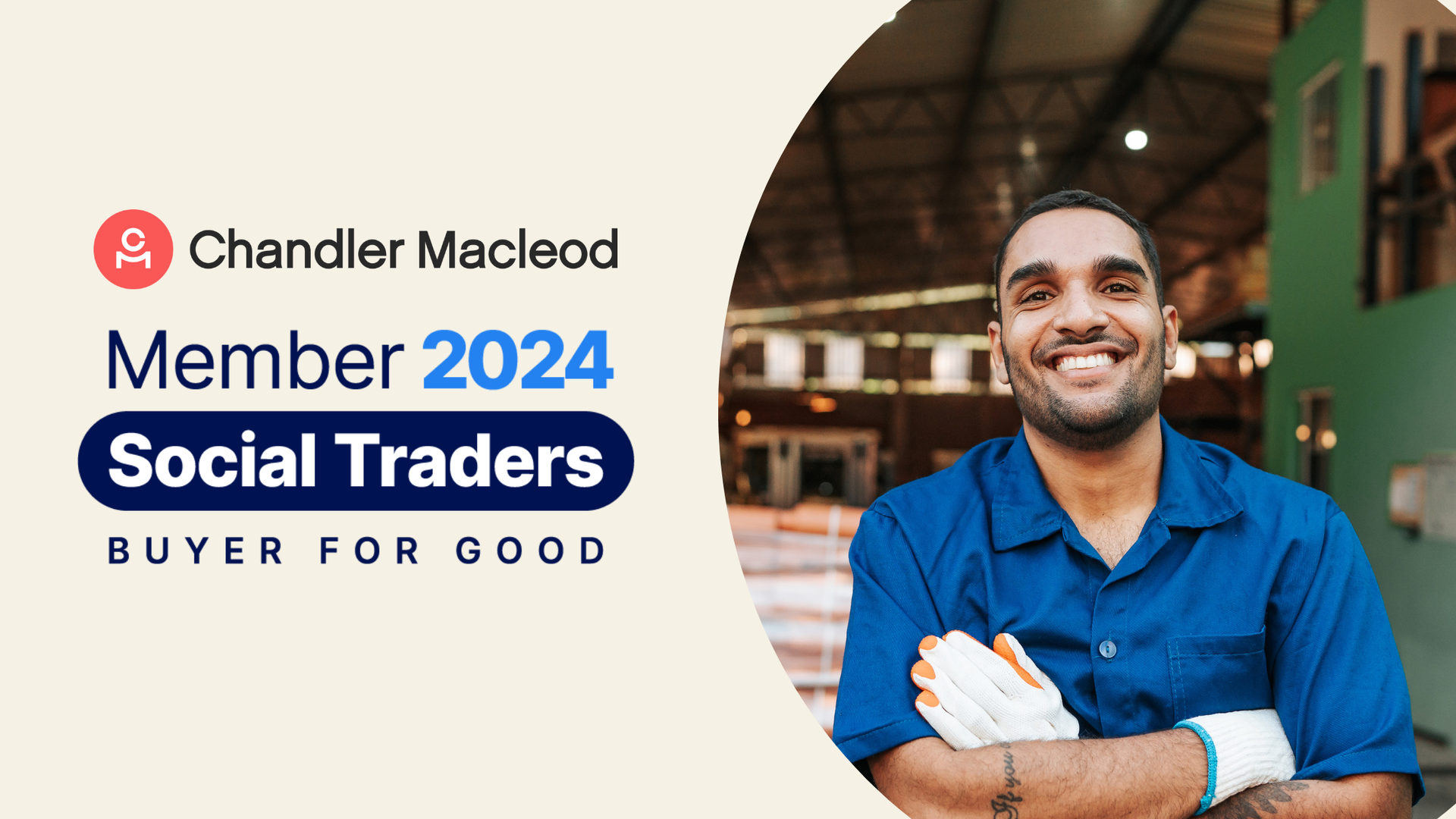What does your version of an ‘ideal’ employee look like?
Take a minute to name some traits you value highly when hiring.
If you’re like many managers, you’ve just thought of words like:
- Motivated
- Professional
- Skilled
- Friendly
- Emotionally intelligent
- Punctual
- Productive
There’s absolutely nothing wrong with this list, and there are probably plenty of role-specific words you could add to it. How about this one: Happy.
If this was already on your list (without being clued in by the title of this article!) then congratulations. If not, you may want to consider the importance of happiness for your business.
Does staff happiness matter?
You pay them money to do a job. As long as the job gets done to the standard you require, does it really matter how personally happy your staff are?
The short answer is yes, it matters.
Studies have shown that happy workers are more efficient and productive than people who have a negative – or even neutral – mindset. Employees who are happy are able to solve problems better, cope with stress more easily, and even think more creatively.
The human brain is wired to be the most effective when it is geared for positivity. And effective employees who are motivated and engaged are likely to:
- Complete more tasks
- Add more value to your business through new ideas
- Positively influence company culture.
The reality is, investing in happy people makes good business sense.
How to increase the happiness of employees
With the evidence supporting the necessity of a positive mindset, the question then becomes “How can managers encourage and support happiness within the workplace?”
Work has a bad reputation. Everything from ‘Mondayitis’ to ‘TGIF’ supports the popular perception: work is bad, work is stressful, work is an unfortunate way of life.
It’s time to start changing the discourse when it comes to employment. Employers of choice have already worked this out. Make sure your people are happy and you will reap the rewards. Think about it – why would companies throw large amounts of money into developing programs that cater for their employees if they weren’t seeing returns on those investments?
Here are some strategies to implement to foster a workplace that inspires workers instead of crushing their spirits.
Support individual needs
Forcing a night-owl to arrive perfectly presented at 8am every day isn’t just silly – it’s bad for your business. Healthy sleep habits are key to good mental health, and implementing policies that show understanding and acceptance of different lifestyles makes your workplace accessible for a wider range of talent. Your next sales gun might be a late riser, but that won’t stop them from closing deals over evening drinks.
Foster a culture that allows balance and freedom
Consider your company culture. How acceptable is it for workers to take leave they are entitled to? Do people push through sickness to ensure they are seen in the office every day? Is overtime seen as the standard? These are all shortcuts to stressed employees who are likely to burn out. This doesn’t just reduce happiness – it also increases turnover, which in turn increases recruitment and training costs.
Reward learning, not just success
Identifying success is important. Equally important is recognising development. Having systems in place where personal development is rewarded ensures all team members have opportunities to be recognised within the business, which can help reduce feelings of competitiveness and resentment, as well as incentivising upskilling.
Pull together as a team
When the going gets tough, the tough get going – often to the nearest isolated corner where they can knuckle down and try to work even harder. This may not be the best idea for some people, though. While introverts may indeed de-stress best by taking solitary moments, many people will benefit from engaging with social support networks. Encouraging friendships within the workplace can be a valuable resource in times of trouble. Friendly workplaces facilitate problem solving and collaboration, reducing stress and providing valuable support to individuals.
Teach positive psychology theories
What comes first, happiness or success? In a society that is seen as a meritocracy, popular wisdom says all you need is that promotion, that pay rise, that accolade, that house, that car, we will be happy and life will get better. However, with the evidence saying that happiness is a key factor to success, this thinking is backwards.
Positive psychology strategies and methods can be learned, so in a workforce that seems overwhelmingly unhappy, it may be worth investigating programs that help people learn the value of positive thinking – and how to change their mindset.
The key takeaways here are:
- Happy workers are more productive
- Happy workers are more creative
- Happy workers can add real value to your business.
So if you haven’t made any managerial resolutions this year, now is the time. Pick one of our strategies listed above, commit to implementing it within your workplace, and see what sort of impact it has for your employees.













